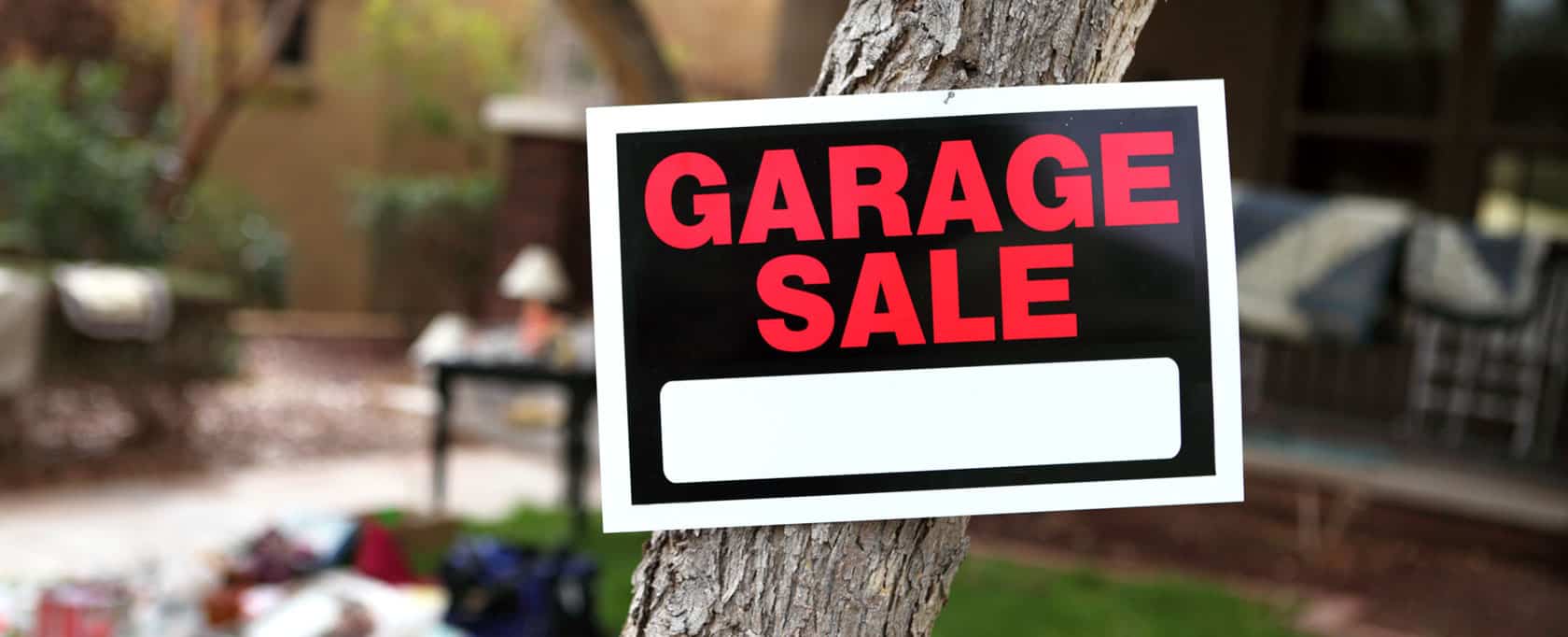If one of your New Year’s resolutions is to clean out what you no longer use and have a garage sale, be sure to take these helpful Dos and Don’ts into consideration.

That’s it — the last holiday gift is unwrapped and there is no place to store it! If one of your New Year’s resolutions is to clean out what you no longer use and have a garage sale, be sure to take these helpful Dos and Don’ts into consideration.
DO
- Some shoppers show up very early, so be sure to lock garage and exterior doors before the sale starts.
- Price items individually or group them together by price. Write “FIRM” on the price sticker if it is not negotiable.
- Keep valuable or fragile items close to your home or the space you have designated as the “check out” area, to keep an eye on them.
- Shoppers will want to test out electric items, so have an extension cord handy. (But keep it taped down for safety, to help avoid trips and falls.)
- After you’ve completed the setup, step back and look the area over to be sure pathways are clear and trip hazards eliminated.
DON’T
- Do not use a cash box if you do not have one person designated as a cashier. Use an apron with pockets or a tool belt to keep change and bills separate.
- For safety, pets and young children should not be in the yard during your sale.
- Unless you already know the shopper, it is not wise to allow them in your home to use the bathroom, get a drink of water or test out an electronic item.
If you have some items that did not sell, be sure to donate them to a non-profit and ask for a receipt. Most donations qualify for a tax deduction in the calendar year that you file your taxes. However, if you are holding onto items because you have frequent yard sales be aware that your homeowners policy excludes liability claims that arise out of, or in connection with, a business.
Do you have so many sales that it is a profit-making venture? Check with your agent to see if purchasing a separate business liability policy would be a good way to put this concern to rest. The Insurance Information Institute provides guidelines for determining the coverage you need.